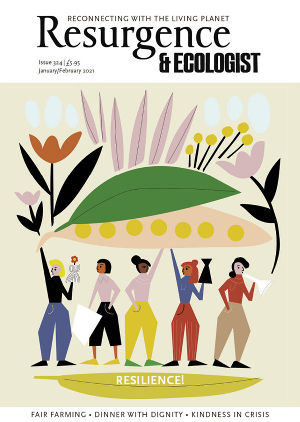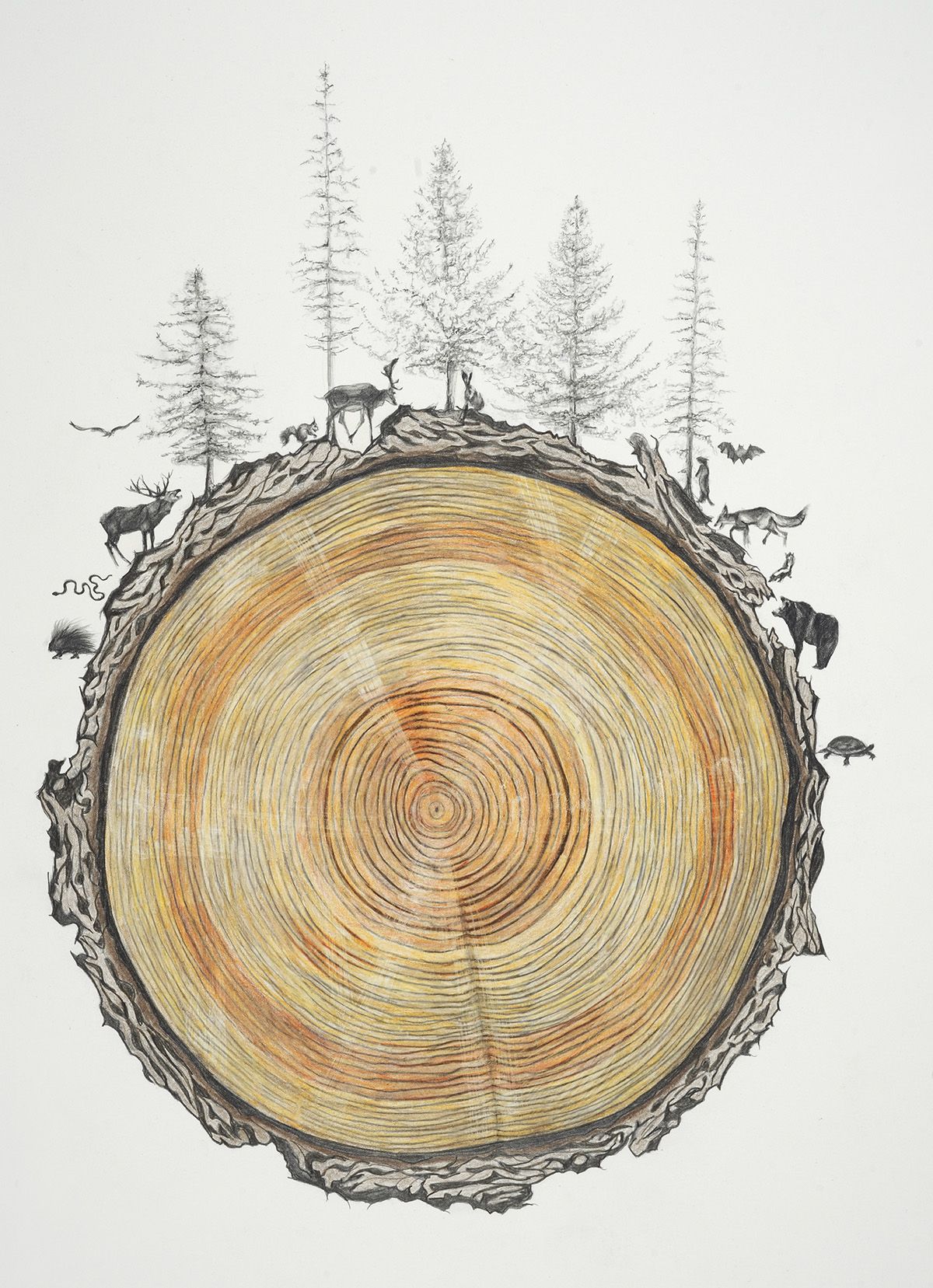I want to start this review by honouring Joanna Macy and Fran, her husband, her collaborator for three decades. In these days when many of us watch with horror the political, social and environmental events unfolding in the United States, it is easy to forget the gifts that its citizens have brought to the world: a fierce insistence that a better world is possible, a startling creativity, and relentless work towards that world. This America draws on the European liberal tradition but also reaches out to the wisdom of Asia and Africa, of Indigenous people. It links scholarship with political activism. Macy is an exemplar of that great American tradition, and indeed reaches beyond it to exemplify what Abraham Maslow called the “farther reaches” of human possibility.
“Do we need another book about Joanna Macy’s work?” I asked myself when the review copy arrived. Macy herself asks this question, as Stephanie Kaza tells us in her editor’s preface: what could one more book add to the creative contributions of a lifetime? The answer to my question must be a resounding “Yes!” A Wild Love for the World both maps the scope of Macy’s contribution and develops it. It includes writing by 42 people from around the world who have been influenced by Joanna and involved in the Work. There are names that will be familiar to Resurgence & Ecologist readers – David Abram, Matthew Fox, Anita Barrows, Pat Fleming among them – and others less well known who have taken the work forward in Russia and Belarus, Sri Lanka and Colombia, Australia and Japan as well as western Europe and North America.
The book is divided into four sections, which represent the scope of Macy’s contribution. As Kaza says in her introduction, it is the big ideas that are central to Macy’s work: a planetary sense of self, the power of grief work, dependent causality, deep time, and taking up the work together. Kaza reminds us that Macy is a serious scholar, a gifted and deep thinker. We know that throughout her life Macy has been an activist and an educator as well. Yet there is something more: many of the contributors to this book tell of meeting her, the impact of participating in her workshops, the way her influence grew in their lives, her contribution to activism in their countries. What shines through in these accounts is people’s experience of her capacity for kindness and love – for other humans and for the Earth. As she herself tells of exclaiming to Fran in the 1980s, “Nothing in my life has prepared me for what I experience now: the sheer size of the human heart – it’s so big I could walk into it.” She could be speaking of her own heart.
Interwoven with these narratives of Macy’s influence are pieces that take aspects of the work forward, drawing on the three streams of thought that so influenced her: the Buddha Dharma, systems thinking, and deep ecology. In my own reading, I picked out the contributions that articulated pratityasamutpada, mutual causality, independent arising; and those that developed ideas of deep time. But maybe most touching are those glimpses we catch of Macy the person – in Catherine Johnson’s portrayal of her as house guest, in Anita Barrows’ account of working together to translate Rilke, in Dahr Jamail telling how she witnessed the grief he carried from experiences in war-torn Iraq over a cup of tea.
Despite my wondering whether another book was needed, as I reach the end of this review I find myself full of enthusiasm. This is a big book with nearly 400 pages (and the bonus of a comprehensive bibliography). Different chapters will appeal to different readers, but overall this has so much to offer.








